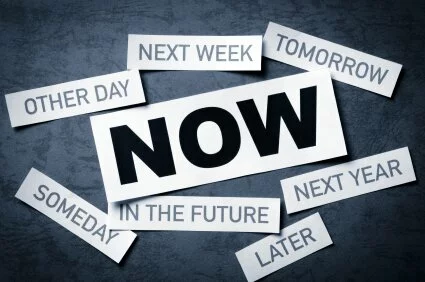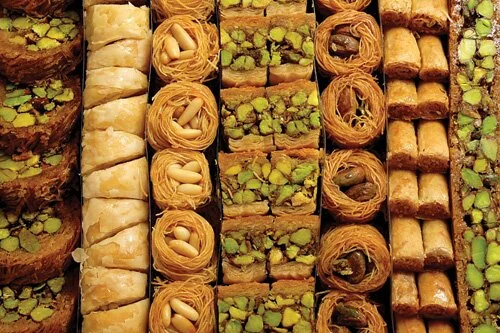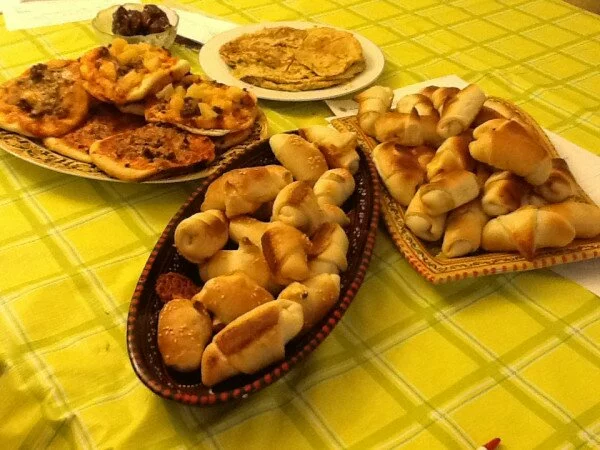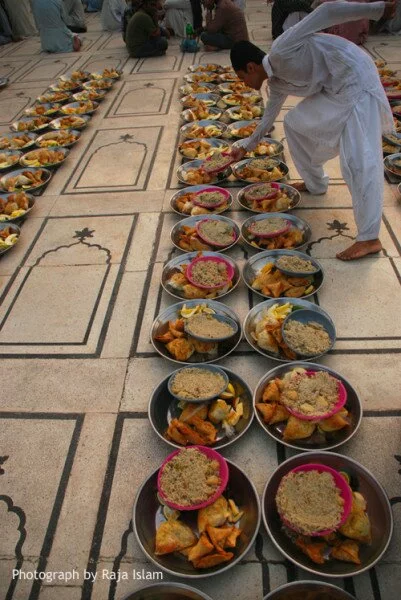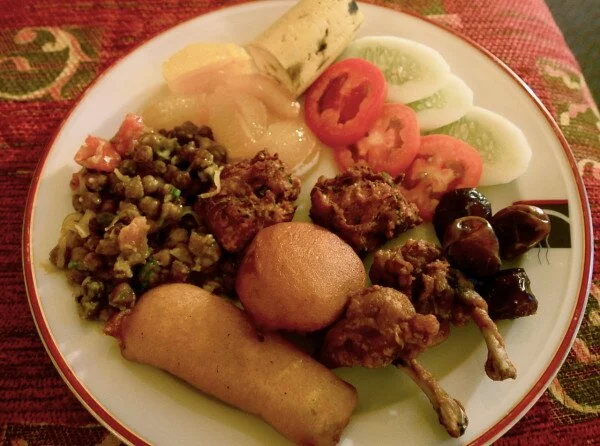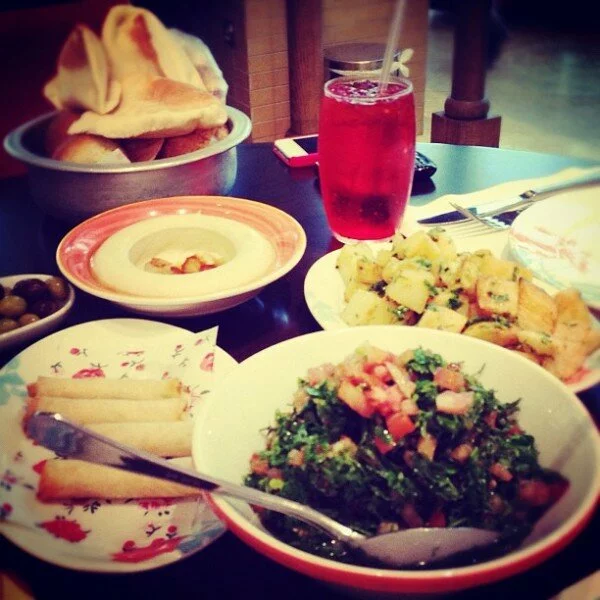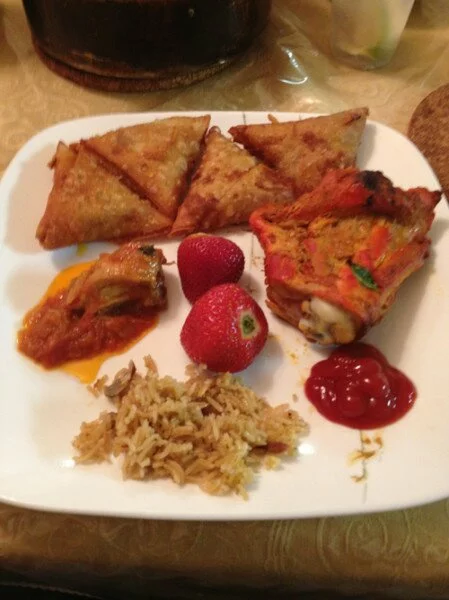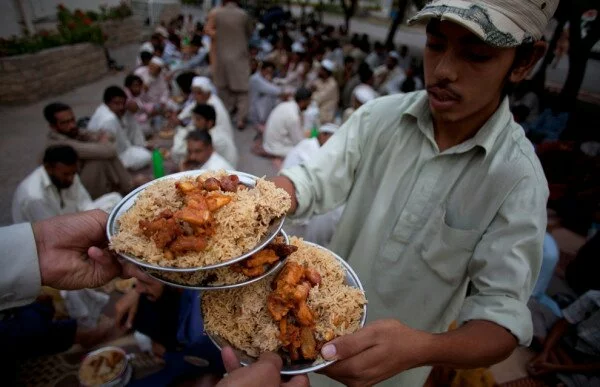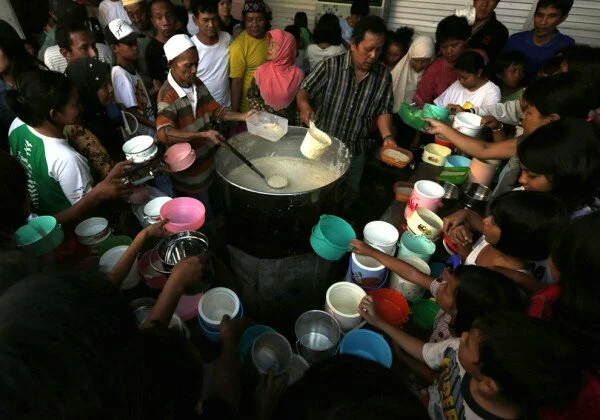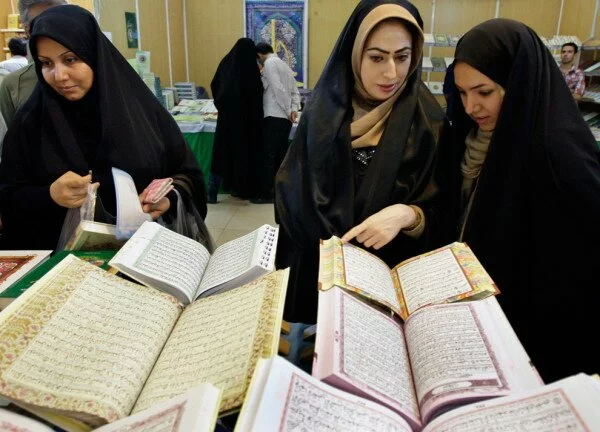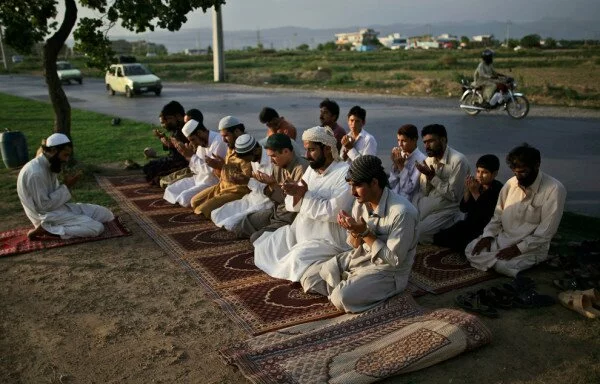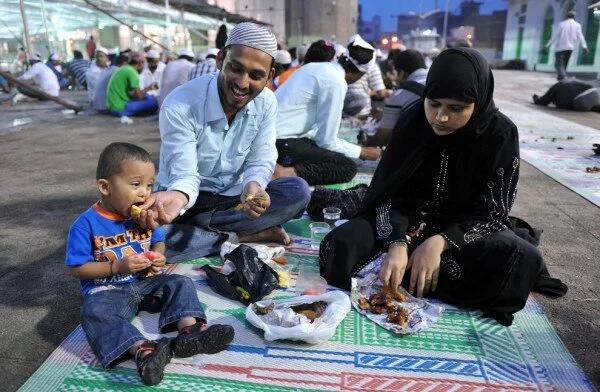Ramadan is just around the corner! We should start to plan and prepare ourselves for the holy month and get the most out of the blessed days. But, we forget one main concern: food. As with anything important, it is always good to be prepared.
Make Your Weekly Ramadan Meal Plan
Thinking of what to cook takes about as much time and effort as the actual task.Make a schedule for one or two weeks and rotate it during the month, or make it for all 30 days! Put it up on the fridge so you see it constantly, are prepared and in the mindset of what needs to be done, rather than scouring through your recipe books trying to
locate your menu at the last minute.
Stock Up on Dry Groceries
The whole process of making a grocery list, going to the store, shopping and then putting them away is more time and energy consuming than most of us realise. This includes doing the bulk of grocery shopping for things that can be stocked up. Narrowing the list down to just perishables every week,means that the chore of doing groceries does not seem like such a big task anymore and can be done in minimum time.
Share the Workload
Division of labor is a wonderful thing. This applies to making all the samosas/other snacks before Ramadan or even the chores of the house during the month itself. Get your kids involved in cleaning up after themselves, setting the table and helping you around the house within their capacity.Let them know the amount of reward they get with the right intention is multiplied during Ramadan.
Manage your time to Finish your Kitchen Work
This will greatly help maintain your routine. It will ensure that you are not cooking right up until the adhan for the Maghrib prayer. Make sure you start early in order to be done early to make the most of the blessed time before iftar.
Eat Healthy
- During Ramadan it’s important to eat healthy and stay healthy.
- Drink lots of water. Proper hydration is essential.
- Replace sugar with fruit when possible, Sugar robs our bodies of minerals and vitamins.
- Try eating whole wheat bread and unpolished rice.
- Avoid foods high in salt such as pickles, salty crackers and nuts, and canned foods.
- Do not over eat. This might cause indigestion.
- Choose fresh vegetables as they contain higher amounts of vitamins and minerals.
- Use fresh fruits to prepare juices and serve them in moderation.
- Use low fat milk and other low fat dairy products.
- Avoid using butter and ghee in cooking and substitute them with vegetable oils in small amounts.
- Try using lean meat, fish and skinless chicken, and prepare them by grilling, boiling and baking rather than frying
- Try and avoid having a large quantity of starters and sweets which will lead to weight gain
- Walk or participate in some kind of physical activity.
Health FAQs
Should a person with diabetes fast?
- People who have their diabetes under control, either by their diet or using tablets, may fast. However, their GP may require them to change their medication to help them take tablets outside fasting times. Those who need insulin to control their diabetes should not fast
I get severe migraines when I don’t eat and they get worse when I fast. Should I fast?
- People with uncontrolled migraines should not fast. However, managing your migraines is possible with the right medicine and with changes to the person’s lifestyle. Ask your GP for further advice on controlling your migraines.
Should a person with high or low blood pressure fast?
- People with well-controlled high blood pressure may fast. Their GP may require a change to their medicine to help them take tablets outside fasting times. Someone with low blood pressure who is otherwise well and healthy may fast. They must drink enough fluid and have enough salt.
Is fasting harmful when a woman is expecting a baby? Must pregnant women fast?
- There’s medical evidence to show that fasting in pregnancy is not a good idea. If a pregnant woman feels strong and healthy enough to fast, especially during the early part of the pregnancy, she may do so. If she doesn’t feel well enough to fast, Islamic law gives her clear permission not to fast, and to make up the missed fasts later. If she is unable to do this, she must perform fidyah (a method of compensation for a missed act of worship).
Is Ramadan a good time to quit smoking?
- Yes. Smoking is wasteful and seriously bad for your health. Ramadan is a great opportunity to change many unhealthy habits, and smoking is definitely one of them.
Can I use an asthma inhaler during Ramadan?
- Muslim experts differ on this issue. Some say that using an asthma inhaler isn’t the same as eating or drinking, and is therefore permitted during fasting. In their view, people with asthma can fast and use their inhalers whenever they need to. But other scholars say that the inhaler provides small amounts of liquid medicine to the lungs, so it breaks the fast. They say that people with poor control of their asthma must not fast until good control is achieved. Some people with asthma may opt for longer-acting inhalers so that they can fast. See your GP for further advice.
Can a person fast if they are getting a blood transfusion in hospital?
- No. A person receiving a blood transfusion is advised not to fast on medical grounds. They may fast on the days when no transfusions are required.
Could dehydration become so bad that you have to break the fast?
- Yes. You could have harmful levels of water loss if you were poorly hydrated (not drinking enough water) before the fast. Poor hydration can be made worse by weather conditions, and even everyday activities like walking to walk or housework. If you produce very little or no urine, feel disorientated and confused, or faint due to dehydration, you must stop fasting and have a drink of water or other fluid. Islam doesn’t require you harm yourself in fulfilling the fast. If a fast is broken, it will need to be compensated for by fasting at a later date.
Can I fast while I have dialysis?
- People on peritoneal dialysis must not fast and should perform fidyah. Haemodialysis is performed about three times a week, and causes significant shifts of fluids and salts within the body. Such patients must not fast and should perform fidyah.
Do people normally lose weight during Ramadan?
- Some people do lose weight, but others may not. It is recommended that meals eaten during Ramadan be light, but most people can’t resist sampling special sweets and foods associated with Ramadan.
I am on regular medication. Can I still fast?
- If the medicine needs to be taken during fasting, do not fast. If this medication is required as treatment for a short illness, you can compensate for missed fasts by fasting on other days when you are well.If you are on long-term medication then you could talk to your GP whether to change your medication, so that you can take it outside the time of the fast. If your disease is unstable or poorly controlled, do not fast. Those who are unable to do the missed fasts later, due to the long-term use of medication, should do fidyah.
Does a breastfeeding woman have to fast?
- No. Islamic law says a breastfeeding mother does not have to fast. Missed fasts must be compensated for by fasting or fidyah once breastfeeding has stopped.


